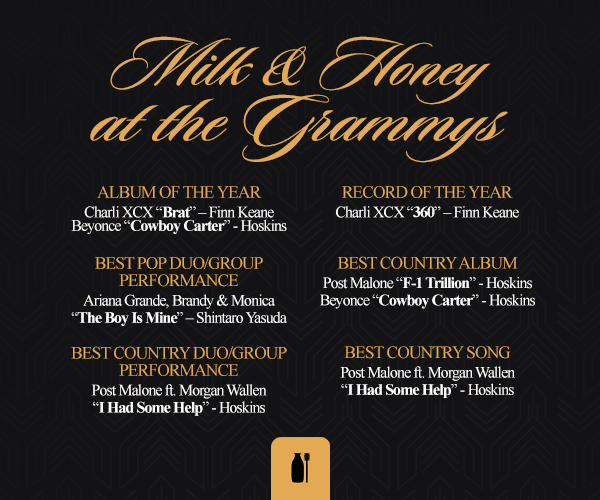A US appeals court has shut down a long-shot effort at reviving a copyright infringement lawsuit over Ed Sheeran’s hit Thinking Out Loud.
The US Court of Appeals for the Second Circuit has denied music rights owner Structured Asset Sales (SAS)’s petition for a rehearing on its appeal of a ruling from 2023 that found Thinking Out Loud didn’t infringe the copyright of Marvin Gaye’s classic song Let’s Get It On.
As is customary, the appellate court didn’t offer its reasons for refusing to rehear the case.
SAS is a music rights investment firm founded and led by David Pullman, known for being one of the innovators of music-backed bonds. He was behind the launch of “Bowie bonds,” backed by the music of David Bowie, in 1997. SAS owns part of the publishing rights to Gaye’s Let’s Get It On.
SAS’s lawsuit against Sheeran was one of two cases that alleged Sheeran’s 2014 hit Thinking Out Loud copied elements of Let’s Get It On, released in 1973. The other lawsuit was brought by the estate of Ed Townsend, who co-wrote Let’s Get It On.
Both cases were heard in a US District Court in New York were and presided over by Judge Louis Stanton. In May 2023, a jury sided with Sheeran in the case involving Townsend’s estate, and shortly thereafter, Judge Stanton dismissed the case brought by SAS.
However, SAS appealed Judge Stanton’s decision to the Second Circuit appeals court, which ruled against the rightsholder this past November.
SAS had argued that Judge Stanton erred by refusing to hear from SAS’s musicology experts and instead relying on the “deposit copy” of the composition that was filed with the US Copyright Office.
Until 1978, the Copyright Office didn’t accept recorded music for registration of compositions, and required sheet music to be filed. SAS argued that the sheet music didn’t include the bass line that it said Sheeran had copied on Let’s Get It On. Its experts were expected to testify that musicians would interpret the sheet music to include a bass line that is the same as the one on Let’s Get It On.
A three-judge panel of the Second Circuit rejected that argument, deferring to the Copyright Office’s assertion that only parts of a song included in the deposit copy have copyright protection.
However, SAS went back to the court and asked for a hearing en banc – meaning a hearing in front of all the judges of the Second Circuit appeals court – on the argument that a recent Supreme Court ruling changed how courts are to view government agencies’ interpretation of the law.
A 1984 Supreme Court ruling in Chevron USA v. Natural Resources Defense Council established the principle that, where there is a disagreement on how a law is interpreted, courts must defer to the interpretation used by the government agency involved. However, this past summer, in the case of Loper Bright v. Raimondo, the Supreme Court overturned that 1984 decision and said courts don’t have to automatically accept a government agency’s interpretation of the law.
SAS argued that this gave it the right to have its appeal reheard en banc, as these types of appeals are typically granted when there is a matter of “exceptional importance” brought before the court. The Second Circuit appeals court evidently disagreed with that assessment.
At this point, SAS’s only avenue to continue the case would be to appeal to the country’s highest court, the US Supreme Court. It’s unknown if the company plans to do that, nor is it certain that the Supreme Court would take up the case if SAS did appeal.Music Business Worldwide





